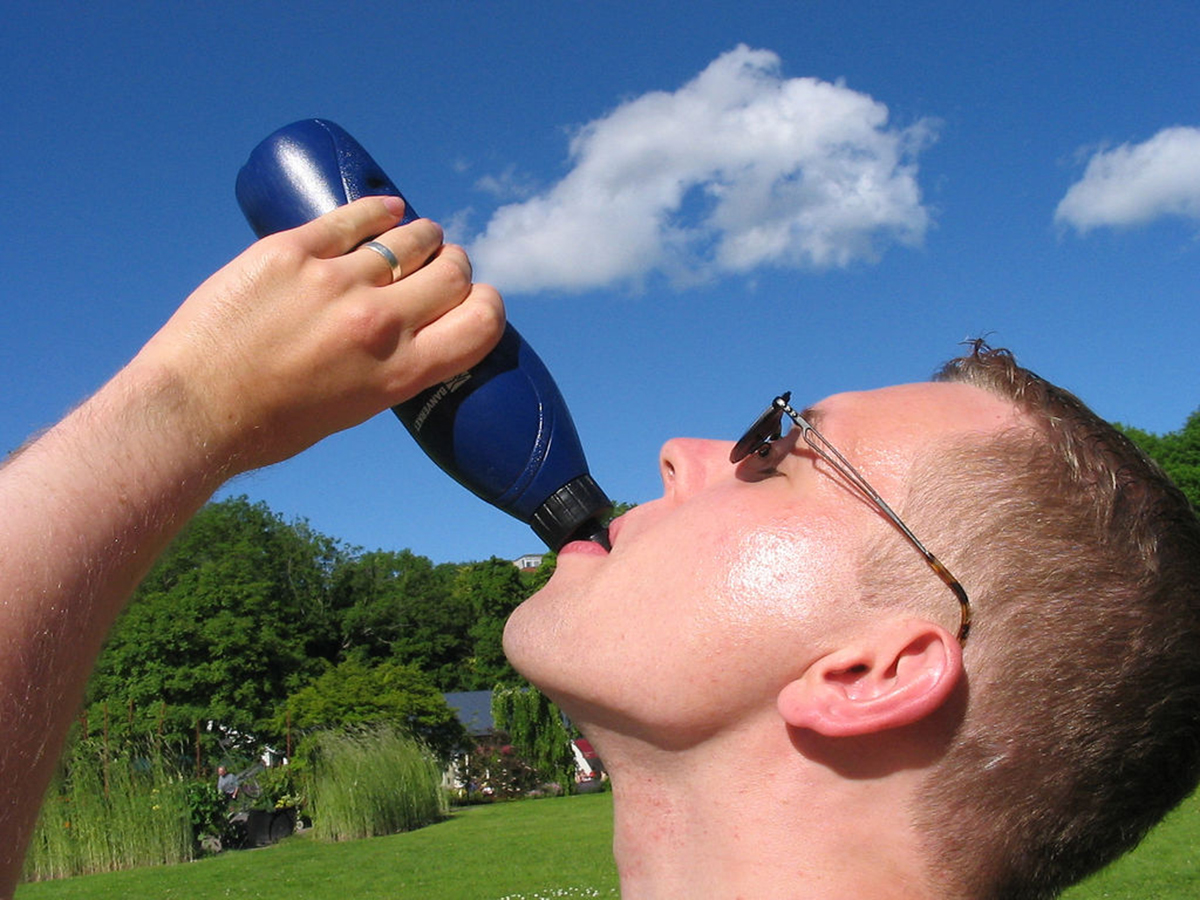Table of Contents
Anyone who regularly experiences the symptoms mentioned on the first page should consult a doctor. We should note that similar symptoms can be caused by a variety of underlying medical issues, so you should always consult a doctor before attempting to self-treat hypotension using any of the tips below.
When you go to see your doctor about low blood pressure symptoms, you can expect to have your blood pressure measured and blood work done. Your doctor may also want to carry out an ECG and other tests that aim to determine how well your heart is performing.

What You Can Do About Hypotension
When you experience immediate episodes of low blood pressure, try to stop what you're doing. Sit down and take a rest, especially if you were walking. Drink some water, and you'll probably find that your symptoms improve after a short while.
Measures that will help you boost your blood pressure in the longer term include:
- Staying hydrated. Dehydration is a prime cause of summer hypotension, and drinking plenty of water can be a very effective preventative strategy. To aid hydration, it's also good to avoid soda, too much coffee, and alcohol. The latter two have dehydration effects, while soft drinks are simply a bad substitute for plain water.
- Increasing your salt intake. We've all been told too much salt is bad, but hypotensives can benefit from more salt immensely. Always talk this over with your doctor, who can advise you exactly how much salt to take and may even prescribe you salt tablets.
- Eat smaller meals more often. Some people experience hypotension after eating large meals. This step will prevent that.
- Don't stand up for long periods of time, and stand up gradually.
- Wear support stockings to increase your blood pressure, but again not without talking to your doctor.
Summer Hypotension In People Who Take Hypertension Meds
Hypertension patients who take medications such as vasodilators, ACE inhibitors and diuretics to keep their high blood pressure under control may indeed find that their medications "do their jo a little too well" during the summer. If you are a hypertensive and you notice symptoms of low blood pressure or get low blood pressure readings during the summer, talk to your doctor about reducing the dosage of your medications. Half a pill less will often do the trick. Continue to monitor your own blood pressure daily to make sure it stays within the normal range rather than being either too high or too low.
- Photo courtesy of red twolips via Flickr: www.flickr.com/photos/25182350@N03/2776695389
- Photo courtesy of red twolips via Flickr: www.flickr.com/photos/25182350@N03/2776695389
- Photo courtesy of anaulin via Flickr: www.flickr.com/photos/anaulin/21627246

